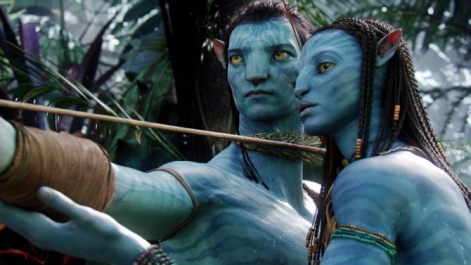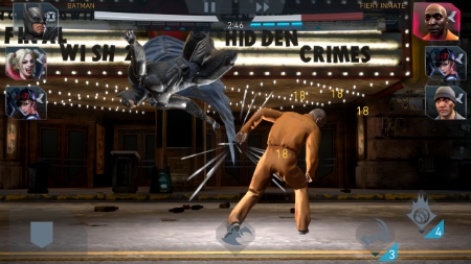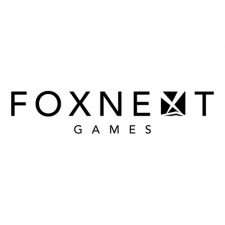The interactions between large media conglomerates and the game industry are best described by the motions of a yoyo.
When games are hot, in pile the media outfits, bullish about the ability of interactive content to power their new omni-platform strategy, or some equivalent nonsense.
Some years later, following crippling losses and maybe a CEO switch, the games are ditched, staff paid off, and it’s back to business as usual.
Caught in a trap
The most recent company to follow this script is Disney.
At its peak, it spent $600 million buying social and mobile games startups such as Tapulous and Playdom, while operating Club Penguin, as well as multiple development studios run by industry luminaries such as Warren Spector and Alex Seropian.
Yet it was the perceived success of - and tiny profit generated by - its toys-to-life Disney Infinity franchise that in retrospect highlighted the incredible losses Disney Interactive had been habitually racking up.
Even the decision to pull out of game development and switch to a pure IP licensing model in 2016 ended up costing Disney another $150 million in terms of writedown costs.
So, given the news Fox is re-entering the games business, should we expect anything different?
Return to sender
For those with longer memories, we have - of course - been here before.
Fox Interactive was a force to be reckoned with in the PlayStation 1 and 2 eras.
With games like Croc, The X-Files, Aliens vs. Predator and various Die Hards, Fox Interactive was a force to be reckoned with in the PlayStation 1 and 2 eras.
Sold to Vivendi - itself another repeat offender in the media-games-yoyo-stakes - Fox Interactive was eventually shut down in 2006.
But, fast-forward 11 years, and the fox is back.
Looking ahead
Under the moniker FoxNext Games, it’s picked up the remnant of Kabam (aka Aftershock) that Korean publisher Netmarble didn’t want, for a rumoured sub-$100 million price tag.
For the cash it gets around 80 staff spread across Kabam’s old San Francisco RPG development studio, which was behind titles such as Star Wars: Uprising, and its Los Angeles studio, which is working on a licensed mobile game to tie-in with Avatar 2, which is now due in 2020.
20th Century Fox Film is the distributor of the Avatar films, and in corporate terms FoxNext sits across it and the cable TV-oriented Fox Network Group.

And for that reason, and the relatively small purchase amount, it looks like this deal is more about making the most of the giant Avatar franchise (after Avatar 2 another three films are scheduled) than making a big splash in the fast-maturing mobile game development sector per se.
Indeed, drilling down into what FoxNext is all about, we see it consists of FoxNet Games, FoxNext VR Studio and FoxNext Destinations, which handles theme park and location-based entertainment. A varied portfolio.
Other mobile companies have recently had some success with Fox IP.
Of course, other mobile companies have recently had some success with Fox IP, notably EA’s The Simpsons: Tapped Out and TinyCo’s Family Guy: The Quest for Stuff.
But other games based on The Futurama brand and Jam City’s Family Guy: Another Freakin’ Mobile Game have struggled to find an audience.
The long game
In this context, what will be fascinating to see how this move changes Fox’s approach to its IP.
On one extreme we now have Disney and its pure licensing model, while on the other is the example of Warner Bros. Interactive Entertainment (WBIE).
Over the past decade, it’s honed its business, which once included pure game IPs such as F.E.A.R. and Condemned, into a portfolio built mainly on film IP in which the wider Warner Bros. business also has a stake.
In this way, Warners’ ownership of DC Comics is reflected in games such as the Batman: Arkham and Injustice series, while The Lord of the Rings films (New Line Cinema is a Warner Bros. studio) underpin its Middle-earth games.

Similarly, the acquisition of LEGO game specialist TT Games has been reinforced by both the LEGO Batman and Harry Potter games (the latter a Warners distributed film), and The LEGO Movie Videogame (The LEGO Movie is both produced and distributed by Warners). And yes, WBIE is also working on a Game of Thrones game. HBO is owned by Time Warner
In fact, Mortal Kombat is pretty much the only non-film game IP Warner operates.
The road ahead
Of course, this is the work of years, and has also cost Warners hundreds of millions of dollars in terms of acquisitions costs.
It’s unlikely FoxNext - with its tricky AR and theme park businesses to operate - will receive the corporate backing in terms of the time or money to create such a legacy.
As the example of Disney demonstrates, non-core operations can be quickly disposed of.
Nevertheless, assuming Avatar provides a solid foundation, the potential to turn the yoyo into a rocket ship remains.





















